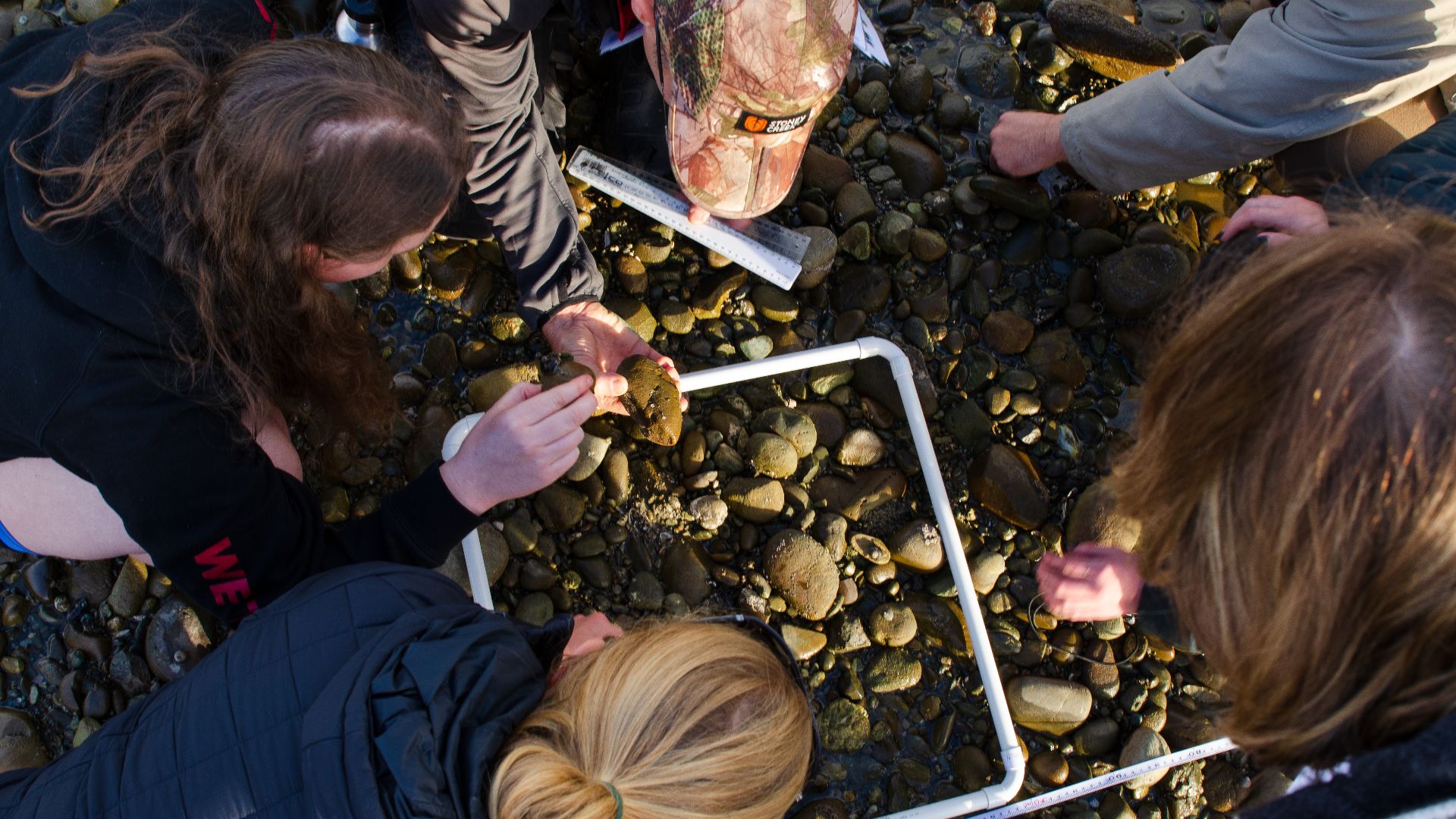Think Twice Before You Enroll
Thousands graduate each year only to discover their degree doesn't translate into a career. This disconnect is common and growing. When making decisions about college or advising someone who is, this list offers hard truths and hopeful paths worth knowing before crossing the stage. Let’s begin with those degrees that may not pay off well.
1. Art History
Why rack up debt to decode Renaissance symbolism only to land a job that barely needs it? Most employers won't ask you to analyze Caravaggio. Unless you teach or curate, this degree may provide you with valuable insight but little financial income. Consider double-majoring to dodge disappointment.
2. Philosophy
Contemplating life's big questions won't pay your bills. Philosophy degrees sharpen your thinking, sure, but entry-level job listings rarely demand abstract logic. Law school? Possible. Direct career path? Not so much. If your paycheck matters, you'll need a follow-up plan after graduation.
3. Music
Follow your passion for music, but be prepared for the tough reality of the industry. Only a few make it big, and teaching jobs are limited. You’ll likely be balancing gigs, not steady salaries. Passion is essential, but so is paying rent. Major in music only if you're ready to hustle without the promise of fame.
4. Theater Arts
Acting classes don't guarantee a spotlight. Most grads swap scripts for side jobs. Broadway dreams often get derailed by brutal audition cycles and inconsistent paychecks. You'll build confidence and creativity, but unless you're connected or lucky, this degree may not earn its return on investment.
 Theatrical Artwork by Laura Fiorucci. Picture by Wilfredor on Wikimedia
Theatrical Artwork by Laura Fiorucci. Picture by Wilfredor on Wikimedia
5. Anthropology
Digging into human history sounds exciting until reality hits. Jobs in the field are scarce, and research roles typically require a master's or Ph.D. Degree. Fast food employers won't care about your thesis on Neolithic tools. Without grad school, an anthropology major risks becoming academic baggage.
6. Communications
Ironically, a degree in communications often fails to communicate value to employers. The field's saturated, and graduates compete with marketers, writers, and designers. Entry-level pay is underwhelming, and specialized skills beat broad coursework. Want better odds? Pair it with something more technical.
7. Culinary Arts
Tossing $40K into culinary school when you could've started as a line cook? Not always the best. Kitchens care more about your chops than your credentials. While prestige helps, most chefs rise through hard work, not academic achievement. If you love food, start with an experience first.
8. Psychology (Bachelor's Level)
Bachelor's degrees in psychology offer plenty of insight, just not much employment power. Counseling jobs require advanced licensure, and business roles often prefer more specialized majors. Without grad school, you'll likely end up in unrelated fields. It's a fascinating path that doesn't lead far alone.
9. Fashion Design
Your fashion dreams might clash with reality, where portfolios and networking matter more than degrees. With trends shifting faster than headlines, job stability can be elusive. If freelancing isn’t your long-term plan, consider pairing your creativity with a business minor to keep your options open.
10. Tourism And Hospitality
Service industry skills are best gained on the job, not in a classroom. Hospitality degrees can be expensive with limited returns, especially since many hotel managers work their way up from entry-level positions. Unless you’re targeting luxury brands, this major often leads to more debt than opportunity.
Now, let’s explore degrees that offer strong career prospects and solid financial rewards right after graduation.
1. Computer Science
Code your way into big opportunities. This degree teaches app development, machine learning, and other problem-solving skills that every tech company wants. Graduates often land jobs before tossing their caps. With AI on the rise, your knowledge here opens doors almost faster than you can knock.
2. Nursing
Nursing is about more than compassion—it’s about having the right qualifications. Hospitals, clinics, nursing homes, and even cruise ships need nurses 24/7. With specialized tracks and strong job security, nursing degrees offer the chance to impact lives while ensuring healthcare systems function effectively.
3. Cybersecurity
Hacked accounts and data breaches? That's your territory. Cybersecurity majors dive deep into ethical hacking and digital forensics. As long as businesses use the internet, your skills will stay relevant. Your ability to guard files will protect reputations and finances.
4. Construction Management
Construction managers oversee blueprints, equipment, and crews while ensuring deadlines are met. As infrastructure spending increases, the demand for skilled managers grows. For those who excel in fast-paced settings and logistics, this degree offers a clear pathway to a rewarding career.
5. Economics
Markets don't move randomly—economists decode the chaos. From Wall Street to the White House, an economics major equips you to forecast trends, analyze inflation, or dissect global trade. Whether in a think tank or a startup, your insights will drive key decisions and strategies.
6. Biomedical Engineering
Designing bionic limbs or surgical robots? That’s the work of biomedical engineers. This hybrid degree blends innovation with medicine, allowing you to create tools that extend life or improve mobility. It’s all about reshaping human potential, one breakthrough at a time.
 UC Davis College of Engineering on Wikimedia
UC Davis College of Engineering on Wikimedia
7. Environmental Science
This major addresses rising sea levels, vanishing biodiversity, and other environmental challenges. Graduates work with governments and businesses to develop sustainable solutions. If you're passionate about making a real difference for the planet, this field is for you.
 WhenuaItiOutdoors on Wikimedia
WhenuaItiOutdoors on Wikimedia
8. Health Informatics
This degree combines IT and healthcare to manage electronic records and boost patient outcomes. Ever wonder how hospitals stay organized? Health informatics helps make sure the right treatment reaches the right person at the right time.
9. Chemical Engineering
Chemical engineers turn raw materials into everyday innovations, from biofuels to waterproof fabrics. Grounded in physics and chemistry, this degree trains problem-solvers who create the essentials of tomorrow. Behind nearly every product, there’s a chemical engineer making it possible.
10. Accounting
From handling budgets to understanding tax rules, accountants are needed in every type of business. Whether it’s a small bakery or a big tech company, someone has to keep the money organized. If you like clear numbers and steady work, accounting is a smart choice.

























